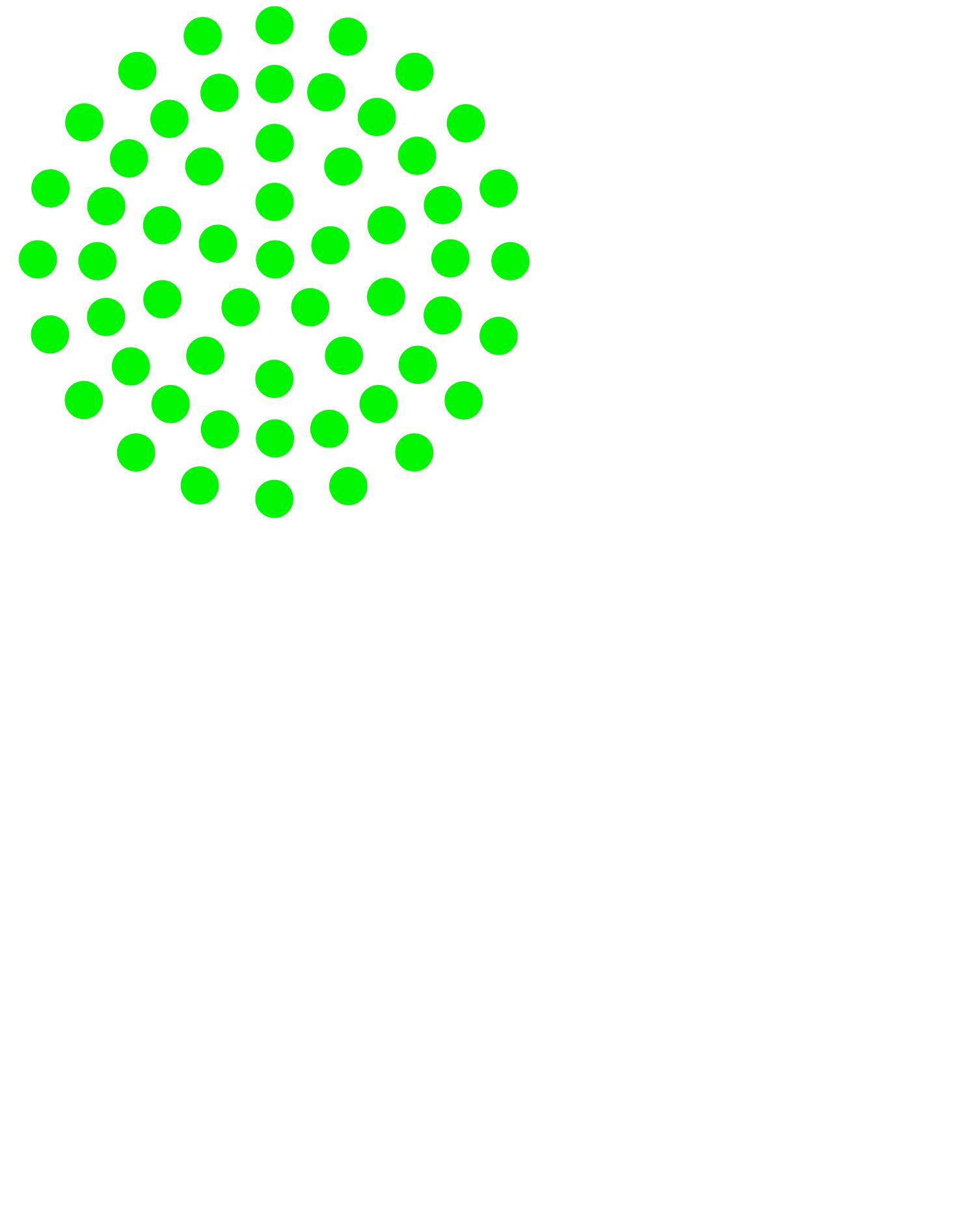
Where Will the Memorial Take Root?
The Atlantic Slave Memorial will be grown along the northern bank of the Gambia River, a region deeply tied to the transatlantic slave trade. This area was a central departure point for millions of enslaved Africans, and today it faces severe ecological degradation.
The Atlantic Slave Memorial initiative weaves together memory, justice, and regeneration. Its core components include:
Tree-Planting for Remembrance: One tree for every life stolen—beginning with 1 million in The Gambia.
Seedbank Cooperatives: Women- and youth-led enterprises combining agroforestry, training, and local economic development.
Community Restoration: Agroecological hubs restoring soil, water, and biodiversity—anchored in seven districts and 295 villages.
Cultural Memory Sites: Living landscapes anchored by symbolic sites like Kunta Kinteh Island.
Continental Ambition: A vision to scale across Africa—12.5 million trees rooted in remembrance, resilience, and repair.
The Gambia
Environmental and
Socio-Economic Benefits.
Restoring Land &
Combating Climate Change
Reforestation & Land Restoration:
Planting trees will rehabilitate degraded land, improve soil fertility, and help combat desertification.
Mangrove Restoration:
Mangroves serve as natural flood barriers, prevent coastal erosion, and provide critical habitats for marine life, supporting biodiversity and carbon sequestration.
Carbon Sequestration:
The memorial will act as a carbon sink, absorbing C02 and mitigating the effects of climate change in one of the most vulnerable regions on Earth.
Economic & Social Empowerment
Job Creation & Sustainable Livelihoods
The project will provide employment for local communities, including youth and women, through tree planting, nursery management, and sustainable natural resource enterprises.
Food & Water Security
Restored ecosystems will enhance agricultural productivity, improve water retention, and create new opportunities for food production.
Community Resilience
By strengthening local economies and restoring the environment, the memorial will help reduce forced migration due to climate-related hardship.





